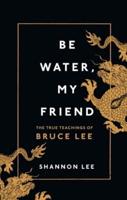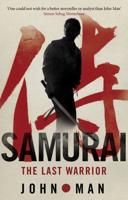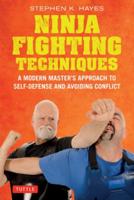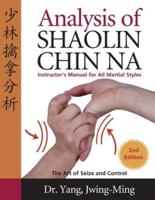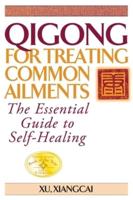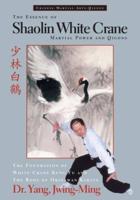Publisher's Synopsis
This collection of quotations from the revered tai chi teacher, Hubert H. Lui, whom his students called simply "Mr. Lui," reminds us that in good times or bad, a harmonious life is possible. Hubert H. Lui (1911-1995), tai chi teacher, philosopher, and friend to many, believed that when we live the tai chi philosophy, we harmonize our lives with ourselves, others, and nature.
Spiritual Snacks expresses the essentials of Mr. Lui's teachings on the subjects of open mind, growth, water wisdom, joy, togetherness, perseverance, learning / teaching, movement, and tai chi. An open mind helps us to see the beauty of the world, as our engagement with others helps us to see the beauty of friendship. When we act with selflessness and humility, when we offer others service and Vitamin L (love), we grow as individuals and we also create community.
Through Mr. Lui's wise counsel and hilarious anecdotes, teachers and learners of tai chi grow in their interactions, illuminating and supporting one another. Tai chi meaning and movement develop through focus and practice in accordance with the water wisdom of continuous change. And Mr. Lui emphasized for his students and teachers alike that joy can be found all along the way.
His uncanny ability of combining Western and Eastern thought is evident in these ideas drawn from sources as disparate as Lao Tzu and Oscar Hammerstein II. The blend of traditional tai chi philosophy, folk wisdom, and popular culture offers humor and insight for tai chi practice and for the development of a harmonious life.
Mr. Lui, born Lui Hok Hoi in mainland China, moved to Hong Kong where he began his tai chi studies. He continued to study in Chicago after emigrating to the United States in the 1950s. From his modest beginnings teaching tai chi in a local church, he went on to develop the tai chi program at the Dance Center of Columbia University Chicago. Over the next decades, he expanded his teaching through classes, workshops and lectures. Today his students teach and practice throughout the United States.
Mr. Lui's immigrant story is yet another version of the American dream coming to fruit. His adaptation of ancient wisdom to contemporary themes of health and harmony in a changing world have been instrumental tools for his many students in navigating the personal, the political, and the vicissitudes of the natural world.
Through their enormous persistence in practice and in community, these students have forged a legacy for their revered teacher. It is uncanny that the book emerges into the current world where integrity, truth, honor, discipline, courtesy, and mutual respect are concepts that have lost their resonance in a fast-paced global trajectory unthinkable only a short time ago.
Through the wisdom sayings and anecdotes of Mr. Lui, the grounding that is tai chi becomes accessible through words. Humor guides the reader to patience, harmony, discipline. Warm affection supports the reader's advancement toward perseverance, humility, determination.
It was perhaps humility that was Mr. Lui's greatest charm, a characteristic that in these times accords with weakness, just as virtue now accords with poor transactional skills. Through Mr. Lui's humility and simultaneous strength of will, his integrity, and his dedication to his tai chi teaching and practice, he conveyed what it meant to live a truly happy life of growth, learning, and sharing. Put simply, Mr. Lui "walked the talk," and many have taken notice of his wisdom waymarks across the United States. This book is a testament to the durability of Mr. Lui's way of life and to his teaching.

